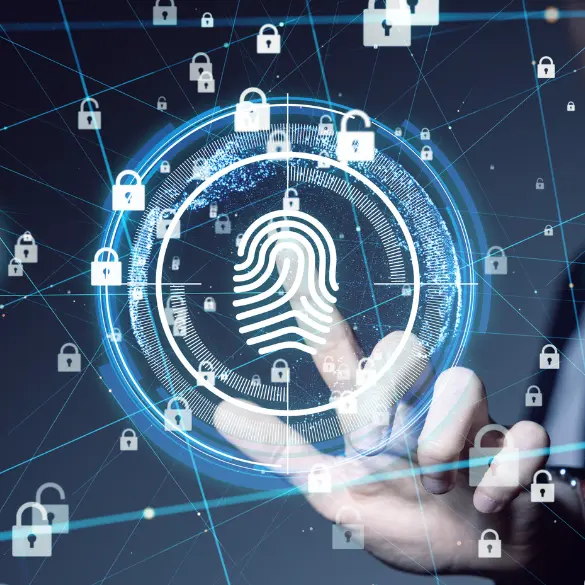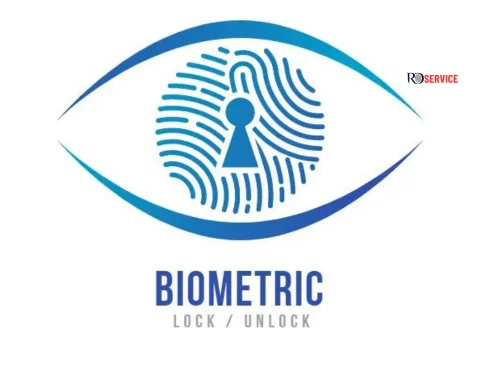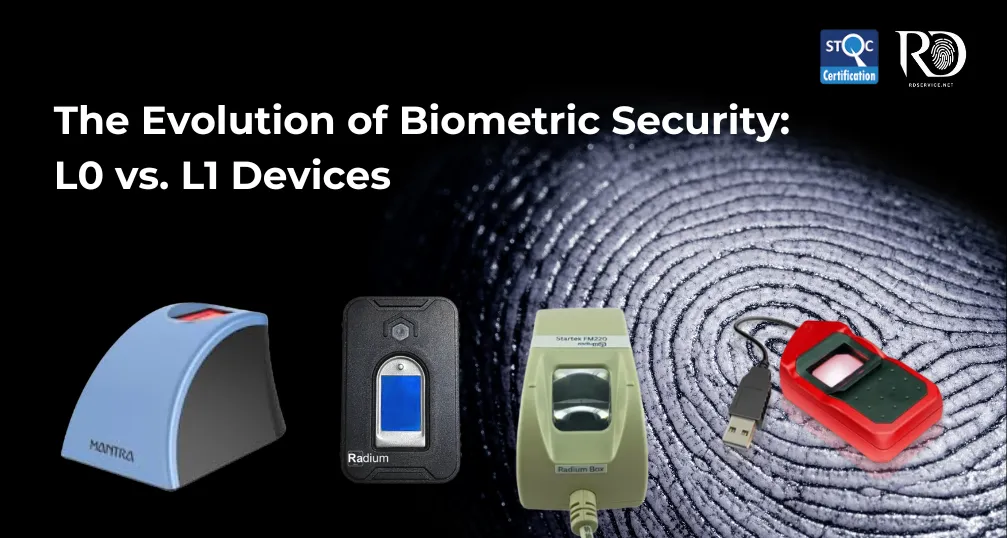
Introduction:
By preserving and protecting individuals' identities and privacy, biometrics is a potent technology that has the potential to significantly improve public security and safety. Technology such as biometrics has the potential to directly affect people's lives both on an individual level and in terms of a larger social context.
Understanding the legal, moral, and societal implications of biometric technologies as well as the proper acquisition, usage, and storage of biometric data becomes essential. Transparency, increased trust, and sincere participation should be used when interacting with the public regarding biometric technologies and applications.
The Rise of Biometrics:
Biometrics, the science of measuring and analyzing biological data, has rapidly ascended to the forefront of identity verification and security measures. In an era marked by the relentless pace of technological innovation, biometrics offer a promising solution to address the growing challenges of identity theft, data breaches, and the ever-expanding digital landscape.
The surge in popularity can be attributed to several critical factors:
- Increasing Security Concerns: Traditional methods of identity verification, such as passwords and PINs, are vulnerable to hacking and data breaches. As cyber threats continue to evolve, the need for more robust security measures has become apparent.
- Unique and Immutable: Biometric identifiers, like fingerprints, irises, and facial features, are unique to each individual and nearly impossible to replicate. This inherent distinctiveness makes them highly reliable for authentication purposes.
- Convenience and Speed: Biometric authentication is seamless and user-friendly. It eliminates the need to remember complex passwords or carry physical tokens, streamlining the login process and reducing friction in various applications.
- Integration into Everyday Devices: The integration of biometric technology into smartphones, tablets, and laptops has made it accessible to millions of users worldwide. Touch ID, Face ID, and fingerprint sensors are now common features, transforming everyday devices into secure authentication tools.
- Regulatory Compliance: Various industries, including finance and healthcare, face stringent regulatory requirements for identity verification and data protection. Biometrics offer a reliable means of complying with these regulations.
- Technological Advancements: Advances in sensor technology and machine learning algorithms have significantly improved the accuracy and speed of biometric systems. These innovations have expanded the scope of biometrics beyond traditional fingerprint recognition.
- Enhanced User Experience: Biometric authentication enhances the user experience by simplifying access to services and data. This, in turn, drives user adoption and satisfaction.
Balancing Privacy and Security:
Balancing privacy and security is a complex and ongoing challenge in our increasingly interconnected and data-driven world. On one hand, privacy is a fundamental human right that includes individuals' rights to control their personal information and limit its collection and use. Privacy is essential for maintaining personal autonomy and trust in digital systems. On the other hand, security is vital for safeguarding individuals, organizations, and society from various threats, including cyberattacks, terrorism, and other forms of crime.
Here are some key considerations and strategies for achieving a balance between privacy and security:
- Surveillance Concerns: Enhanced security measures often lead to increased surveillance. This can raise concerns about mass surveillance, civil liberties, and the potential for abuse. Striking the right balance requires clear limits on surveillance practices and robust oversight mechanisms.
- Data Privacy Laws: Many countries have enacted data protection regulations to safeguard individuals' privacy rights. Compliance with these laws, such as the GDPR and CCPA, can be challenging for organizations operating globally. Ensuring data privacy while enhancing security is a delicate task.
- Technological Advancements: Rapid technological advancements, including artificial intelligence and biometrics, enable more effective security measures. However, they also introduce new challenges to privacy. For example, facial recognition technology can raise concerns about unauthorized surveillance and potential biases.
- Data Breaches: Security breaches that expose sensitive personal data underscore the risks of collecting and storing vast amounts of information. Protecting data is essential for both security and privacy.
Challenges and Concerns:
Balancing privacy and security in today's digital age poses several significant challenges and concerns. These challenges stem from the rapid advancement of technology, evolving threats, and the need to protect individual rights while maintaining collective safety. Here are some of the key challenges and concerns associated with this delicate balance:
- Technological Advancements: The rapid development of surveillance technologies, artificial intelligence, and data analytics has given governments and organizations powerful tools for enhancing security. However, these technologies also raise concerns about their potential misuse, such as mass surveillance, facial recognition, and predictive policing.
- Privacy Erosion: Increased security measures can erode individuals' privacy rights. Data collection, tracking, and monitoring are often necessary for security purposes but can lead to unwarranted invasions of privacy. Balancing the need for data-driven security with privacy protections is a persistent challenge.
- Data Vulnerabilities: Protecting sensitive personal data is crucial for both privacy and security. However, data breaches and cyberattacks continue to expose vulnerabilities in data protection. Strengthening data security measures while respecting privacy is an ongoing concern.
- Legislation and Regulation: Balancing privacy and security requires a legal and regulatory framework that is adaptable to evolving threats and technologies. Striking the right balance in legislation can be challenging, as overly strict regulations can hinder security efforts, while overly permissive ones can compromise privacy.
Addressing these challenges and concerns necessitates a multidisciplinary approach involving governments, technology companies, legal experts, ethicists, and civil society. Striking the right balance between privacy and security is an ongoing and dynamic process, requiring adaptability, transparency, and respect for individual rights while safeguarding collective safety.























